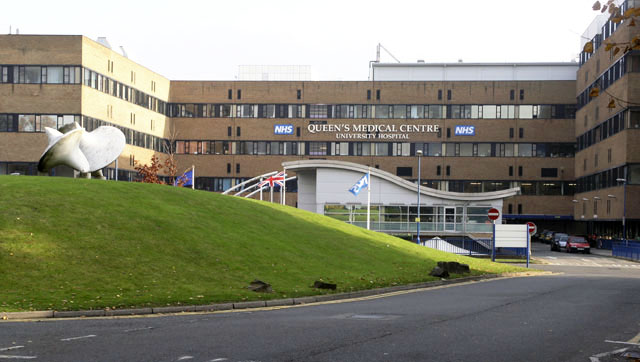At least five massive hospital construction projects, initially earmarked for completion by 2030, will not get underway before 2037.
Under fresh plans, health secretary Wes Streeting revealed a phased approach to deliver the remaining schemes in the previous Conservative government’s New Hospital Programme (NHP).
Projects will get underway in waves, starting with three relatively small jobs in Dorset, Plymouth and Cambridge over the next two years.
However, the final cohort of nine schemes is earmarked to begin after 2035, with those in Preston, Nottingham, Reading, Eastbourne and Hampshire not set to break ground until 2037 or even later.
Each of these five projects is expected to have cost around £2bn or more when finally built.
Schemes at St Mary’s, Charing Cross and Hammersmith hospitals in London are now slated to start between 2035 and 2038.
Professor Tim Orchard, chief executive of Imperial College Healthcare NHS Trust, described the update as “devastating news for our communities, our staff and patients, and for the whole of the capital’s healthcare system”.
He said: “We understand that the NHP must be affordable, but the simple truth is that St Mary’s Hospital, in particular, will not last until the 2040s. We run London’s busiest major trauma centre and care for more than 1 million patients a year.
“We have to find a way to progress our schemes more quickly. This includes exploring alternative funding approaches, leveraging the value of our land that will be surplus to requirements, and the significant contribution of our life science partnerships to local and national economic growth.”
Explaining the move, Streeting said: “I would rather take tough decisions which are the right decisions for the future than lead patients up a garden path once more, only for them to be let down again.
“Alongside record levels of capital investment – £13.6bn next year, including the NHP – we have now put the NHP on a sustainable footing with a timeline that can be met and a budget that is consistent with the fiscal rules under which the government is operating.”
Rebecca Larkin, head of construction research at the Construction Products Association, said: “The original NHP timeline was always an overpromise, not only given the lack of funding confirmed for beyond 2025 but because, historically, large projects of this nature tend to take longer to move through the pipeline than set out in policy announcements.
“As this government hopes, it probably is a more realistic phasing of the construction timetable but, as always, the proof will be in the delivery.”
Former health secretary Matt Hancock announced the Health Infrastructure Plan in 2019, describing it as the “biggest, boldest hospital building programme in a generation”, and giving “the green light to more than 40 new hospital projects across the country”.
The NHP was announced in 2020 and amended three years later to take account of emerging concerns over the use of reinforced autoclaved aerated concrete (RAAC) in existing healthcare buildings.
The National Audit Office in 2023 warned that the programme had not been good value for money, while the Infrastructure and Projects Authority this month branded it “unachievable”.

